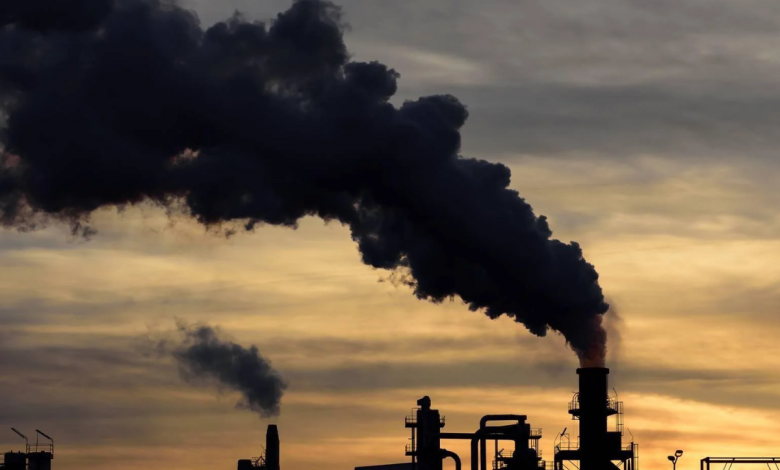Africa’s Climate Crossroads: Renewable Energy vs. Fossil Fuels

As the crucial climate summit is held in Nairobi, the African continent finds itself in a precarious position. The summit brings together African leaders, activists, and influential people from around the world to discuss the urgent problem of climate change and map out a sustainable future for the continent. The balance between increasing access to renewable energy sources and using fossil fuel resources for economic growth is the key issue that hangs over this meeting.
Several African countries, including Ethiopia, Kenya, Egypt, and South Africa, have made notable progress in increasing their access to renewable energy. In many African nations, solar energy in particular has shown to be the most economical energy source. The potential for green energy on the continent is growing as the costs of renewables are coming down. The transition to a future with more sustainable energy is being led by these nations.
Countries like Nigeria and Senegal, which have large deposits of oil and natural gas, contend, however, that these resources are essential for their countries’ economic development and access to energy. Particularly Nigeria thinks that its oil reserves can last for several more decades.
The question of whether these countries can strike a balance between fossil fuel exploitation and sustainable development is raised by this point of view. Countries like Nigeria and Senegal, which have large deposits of oil and natural gas, contend, however, that these resources are essential for their countries’ economic development and access to energy. Particularly Nigeria thinks that its oil reserves can last for several more decades. The question of whether these countries can strike a balance between fossil fuel exploitation and sustainable development is raised by this point of view.
Namibia is an example of a middle-ground strategy. While it has drawn large investments in renewable energy, it also looks into the possibility of offshore oilfields. This strategy demonstrates the intricacy of the decisions that African countries must make while looking for energy alternatives.
The fact that Africa accounts for less than 4% of global emissions does not lessen the urgency of energy poverty. On the continent, there are 600 million people without access to electricity, and as demand grows, so does the need for energy-related solutions. In this light, the discussion of a “just energy transition” for Africa becomes even greater significance.
Campaigners for climate change, such as Hardi Yakubu of Africans Rising, emphasize the need for aggressive goals for renewable energy and a gradual phase-out of fossil fuels. They contend that continuing to invest in fossil fuels could limit Africa’s ability to industrialize sustainably.
The African Climate Summit seeks to advance conversations around access restrictions, climate funding, and energy transitions. A worldwide carbon price scheme to boost access to climate funding is anticipated in a joint declaration. Additionally, it urges industrialized nations to carry out their commitments to provide financial support for climate change and to launch the Loss and Damage Fund.
This program, which was introduced during COP27, aims to increase carbon-offsetting activities across Africa. In doing so, it hopes to generate a sizable amount of carbon credits and release major climate money. While some consider carbon markets as a “dangerous distraction” that may not adequately solve the climate catastrophe, certain nations, like Gabon, have benefited from such programs.
The continent is at a turning point with the African Climate Summit in Nairobi. It emphasizes the difficult decisions that African countries must make in balancing the development of renewable energy with the usage of fossil fuels for economic prosperity.
Also Read: Analyzing the UK’s Air Quality Targets: Nitrogen Dioxide and PM2.5
The outcome of this conference will have a big impact on Africa’s capacity to make the transition to a more environmentally friendly and sustainable future while tackling the urgent problem of energy poverty. Undoubtedly, Africa’s position on these problems will have an impact on the global climate agenda as well.



